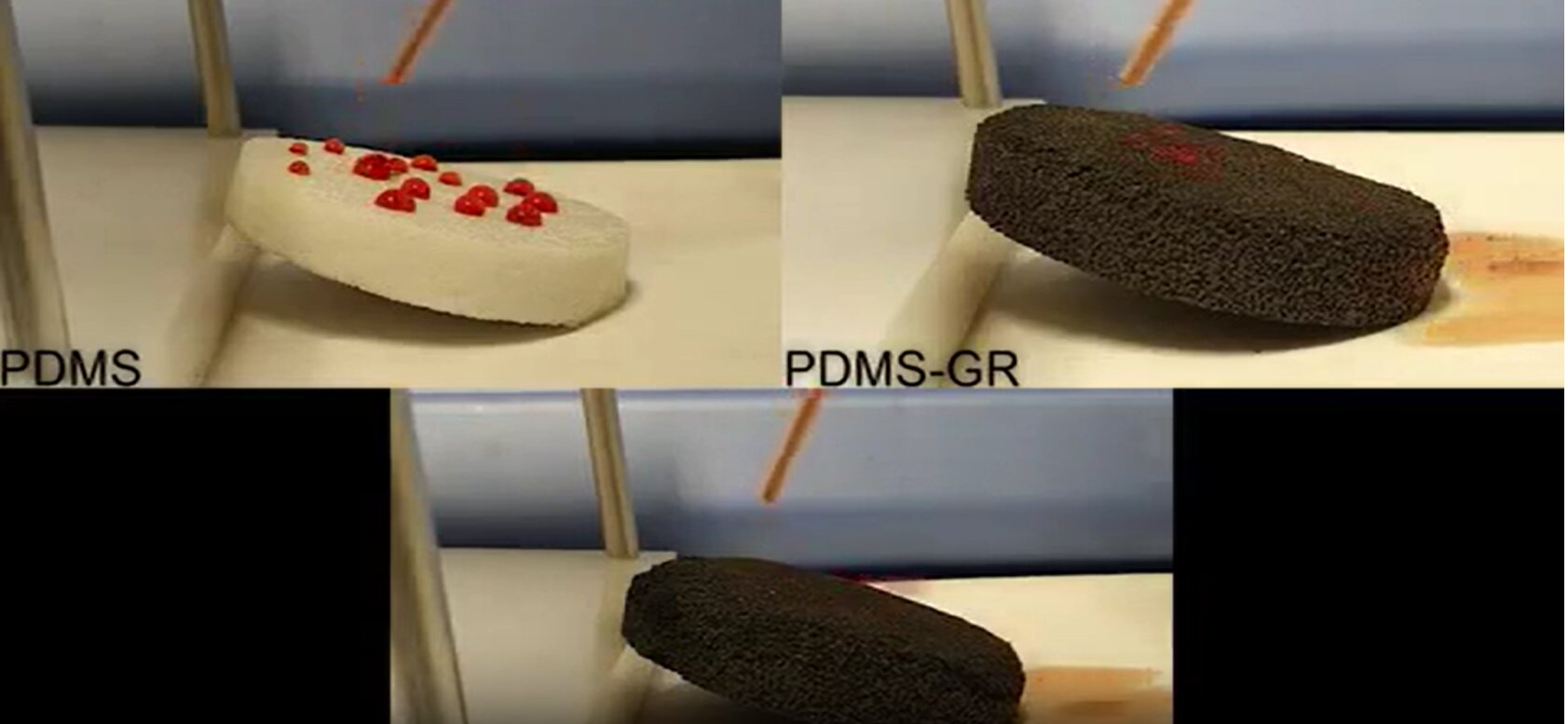In a breakthrough study, researchers at the University of Pennsylvania have developed a plant-based chewing gum that neutralizes more than 95% of influenza and herpes virus particles in lab tests. The findings, published in the journal Molecular Therapy, could pave the way for low-cost antiviral tools that are both easy to use and widely accessible.
A Plant Protein With Potent Power
The gum uses a protein called FRIL (a lectin from lablab beans) as its active ingredient. This protein binds to sugar molecules on virus surfaces, trapping and clumping viruses like influenza A (H1N1, H3N2) and herpes simplex (HSV-1 and HSV-2). Once chewed, the gum directly targets the viruses in the mouth and reduces their ability to infect human cells.
Targeting the Mouth to Block Transmission
Since flu and herpes viruses primarily spread through oral contact, the gum’s direct action in the mouth significantly lowers the chance of transmission. Researchers designed the gum to meet FDA standards and confirmed its safety in early evaluations. Its shelf-stable, low-cost formulation makes it ideal for use in public settings and communities with limited medical resources.
Success Builds on COVID-19 Gum Trials
This innovation follows the team’s earlier success with a similar gum that reduced SARS-CoV-2 viral loads in saliva by over 95%. Encouraged by those results, the researchers are now testing the gum’s ability to block other dangerous viruses, including bird flu strains.







